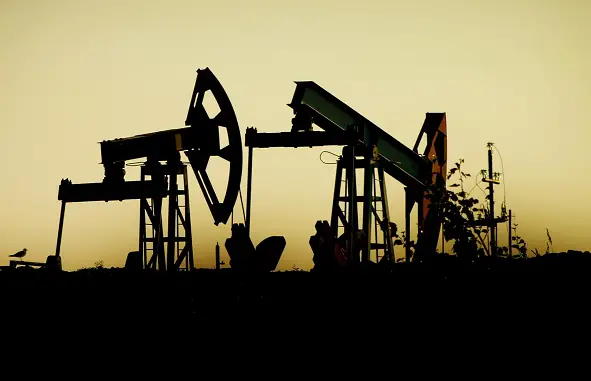On Sunday, while speaking at the Egypt Petroleum Show, Haitham Al-Ghais, the secretary general of the Organization of Petroleum Exporting Countries, (OPEC), said that global oil producers need to invest much more heavily into producing future production capacity to meet the future energy needs of the world.
In his remarks, the Kuwaiti secretary general also said that the world needs to look to make its climate policies more “balanced and fair” to the energy industry. His comments come as both countries and industries have been making sweeping shifts away from fossil fuels and toward new green energy technologies.
Al-Ghais said, “It is imperative that all parties involved in the ongoing climate negotiations pause for a moment; look at the big picture,” before beginning to move “towards an energy transition that is orderly, inclusive and helps ensure energy security for all.”
Following the geopolitical fallout over Russia’s invasion of Ukraine last year, Western sanctions imposed on the Kremlin caused global prices of oil, natural gas, and coal to skyrocket, as Russia, one of the biggest energy producers in the world, suddenly found much of the energy market barred from purchasing its products.
Immediately following the initiation of hostilities in Ukraine, the oil industry’s primary European benchmark, Brent crude, soared to over $133 per barrel, rising $50 just from the beginning of the year, to reach the highest price it had seen since June of 2008. As global supply lines began to re-form, with Russian crude finding regular outlets willing to purchase it in Asia, and the non-Russian flows which previously traveled to Asia returning to more high-demand regions such as Europe, where prices were soaring, prices eased, ending the year at about the same as they were at the beginning.
Still, oil continued to be traded at roughly 41% higher than it had traded at in 2021.
Al-Gais noted that due to being “plagued by several years of chronic underinvestment,” the global oil industry will need as much as $500 billion in annual investment through 2045 to continue to meet global energy demand.
He went on to say that the COP28 climate summit in the later part of 2023, to be hosted by the United Arab Emirates, will “serve as a fresh opportunity to explore inclusive, sustainable and consensus-based solutions to climate change.”
In his remarks he also said that OPEC is predicting that the global oil demand will exceed pre-pandemic levels in 2023, hitting nearly 102 million barrels per day, and that by 2025, it will have increased by an additional 110 barrels per day.
He also reiterated that OPEC and its allied nations, also called OPEC+, an alliance of 23 oil-producing nations led by Saudi Arabia and Russia, continue to be, “committed to supporting oil market stability.”

